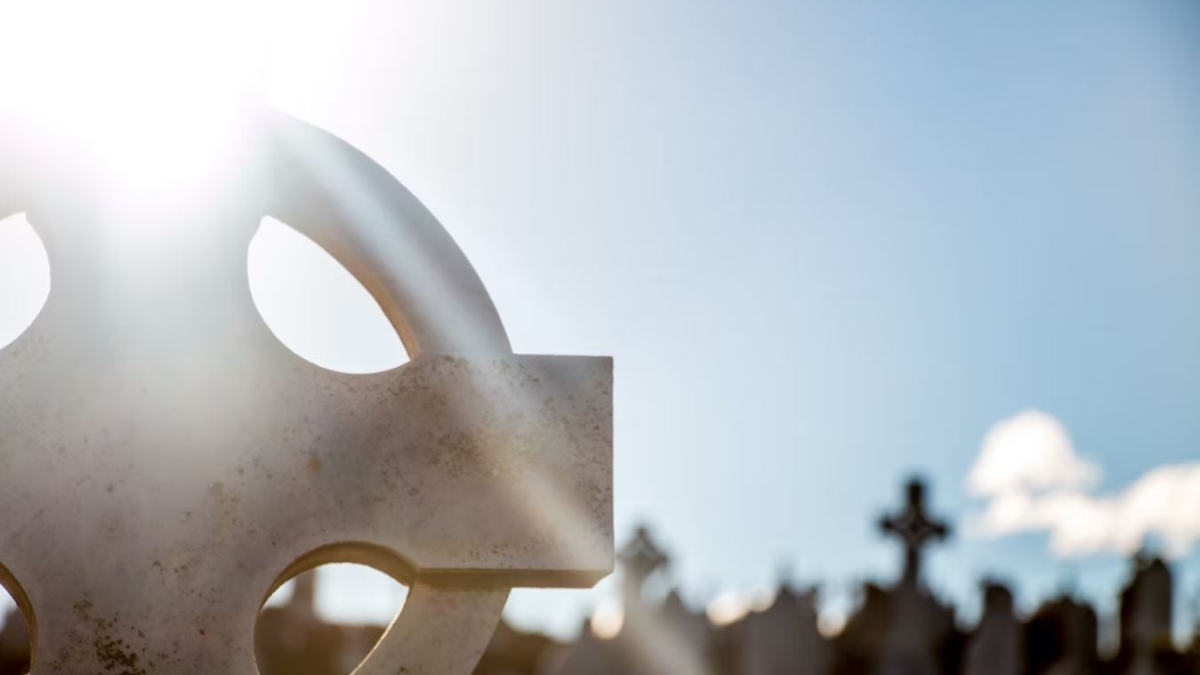

American Life Expectancy Continues to Fall
According to a CDC report released in December, the life expectancy of Americans fell by about seven months in 2021, reaching the lowest point in two decades.
01/25/23
John Stonestreet and Kasey Leander

According to a CDC report released in December, the life expectancy of Americans fell by about seven months in 2021, reaching the lowest point in two decades. Although researchers expected a major drop in the wake of COVID-19, many industrialized nations are seeing signs of recovery. The U.S., however, despite spending more on healthcare than any other country, continues a trend in the wrong direction. More importantly, while COVID-19 remains a leading cause of death in the U.S., deaths from cancer, diabetes, kidney disease, and drug overdoses increased over the last year.
In fact, even if the COVID death numbers are to be believed, this downward trend in the life expectancy of Americans predates the pandemic. In 2019, a report published in the Journal of the American Medical Association detailed U.S. life expectancy over the previous 60 years. “The general trend,” wrote Joel Achenbach in The Washington Post, was that “life expectancy improved a great deal for several decades, particularly in the 1970s, then slowed down, leveled off and finally reversed course after 2014, decreasing three years in a row.” The last time that life expectancy decreased three straight years in the United States was during World War I and the Spanish flu.
The spiral has continued since, as has the contributing factor of what are often called “deaths of despair.” In 2021, there were over 100,000 deaths from drug overdoses, an increase of 15% from the previous year. Deaths from suicide and liver disease also increased, the latter a symptom of the same kind of self-destructive behaviors increasingly taking the lives of young Americans. Ellen Meara, health policy professor at Dartmouth, told The Washington Post, “There’s something more fundamental about how people are feeling at some level. … People are feeling worse about themselves and their futures, and that’s leading them to do things that are self-destructive.”
Despite our ever-advancing potential to deliver medicine to those who need it, Americans are increasingly lonely, purposeless, and prone to reckless behavior. The connection between mental and physical health is well documented, and Christians of all people should know the complex and inextricable links between body and spirit, as well as individual and community.
In this cultural moment, it should also be noted that such despair is taking hold at a time when we have almost unlimited access to fun, pleasure, and distraction. As G.K. Chesterton famously wrote in The Everlasting Man,
Pessimism is not in being tired of evil but in being tired of good. Despair does not lie in being weary of suffering, but in being weary of joy. It is when for some reason or other the good things in a society no longer work that the society begins to decline; when its food does not feed, when its cures do not cure, when its blessings refuse to bless.
Or as journalist Andrew Sullivan summed up in a piece written about the national opioid epidemic: “America, having pioneered the modern way of life, is now in the midst of trying to escape it.”
It may be that, faced as we are with decreasing life spans, a life of purposeful, selfless faithfulness could have an incredible impact. The greatest commandment, Jesus said, is to love God with our whole selves—hearts, souls, minds, and strength—and to love our neighbors as ourselves. As we obey, we turn both upward and outward. The upward turn both reveals and offers purpose. The outward turn offers a joy that is far better than momentary pleasures.
Of course, God never promises to preserve physical health. But hear the words of Solomon:
Trust in the LORD with all your heart,
and do not lean on your own understanding.
In all your ways acknowledge him,
and he will make straight your paths.
Be not wise in your own eyes;
fear the LORD, and turn away from evil.
It will be healing to your flesh
and refreshment to your bones.
This Breakpoint was co-authored by Kasey Leander. For more resources to live like a Christian in this cultural moment, go to colsoncenter.org.















